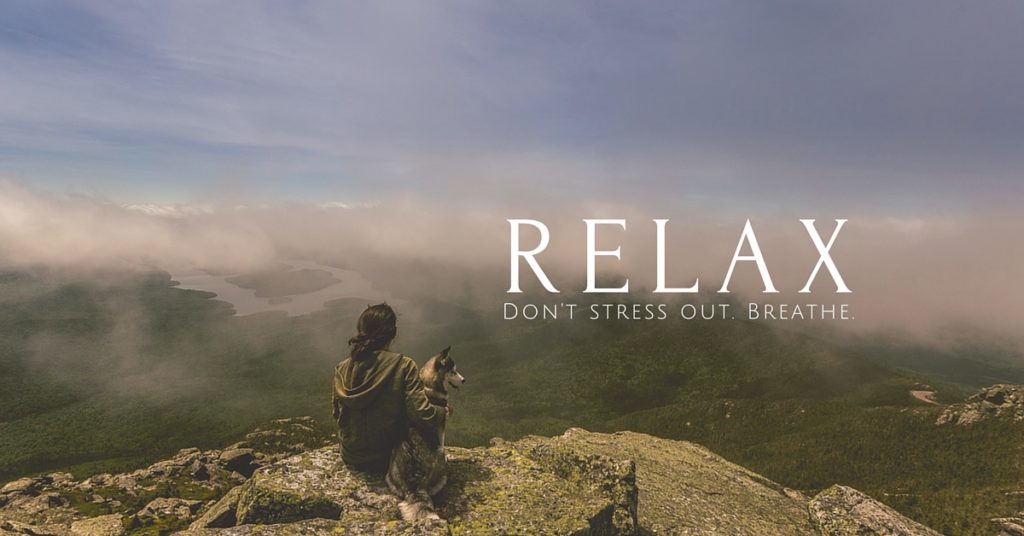
Contributed by Beth Tesmond, MHS, CADC, MISA, Addictions Program Coordinator, Timberline Knolls Residential Treatment Center
Anxiety disorders are extremely common throughout our country and manifest in many different ways. Generalized anxiety disorder (GAD) is the most common of these, affecting 5 percent of the population. This disorder frequently has a connection to drug or alcohol addiction.
The Cause And Diagnosis Of Generalized Anxiety Disorder (GAD)
GAD is typically caused by a combination of factors, including physical, psychological and genetic components. People with this type of anxiety disorder may experience physical symptoms such as gastrointestinal problems. Often perfectionistic, these individuals frequently exist in a perpetual state of worry and anxiety, which is way out of proportion to the actual stress or threat.
Diagnosis of GAD is confirmed if three or more of the following symptoms are present:
- Feeling tired
- Being on edge or very restless
- Having difficulty concentrating
- Irritability
- Having muscle tension
- Disturbed sleep
Substance use disorder (SUD) is more prevalent in people with anxiety disorders than in the general population. Moreover, there is a greater correlation between anxiety disorders and drug and alcohol dependence. Overall it has been estimated that 20 percent of people with anxiety disorders are also addicted to alcohol or drugs.
Anxiety And Addiction Can Co-Exist In Three Ways:
Many times, as a person develops an anxiety disorder, they will feel a tremendous amount of discomfort and distress. To alleviate these unpleasant feelings, the person begins self-medicating with drugs and alcohol. Addiction, along with the anxiety disorder, inevitably results.
Other scenarios involve people who begin using alcohol and drugs and then they develop an anxiety disorder as a consequence of their addiction. This is often the case with alcoholics, who suffer from anxiety secondary to their alcoholism.
In a third possible scenario, anxiety and addiction develop simultaneously. Therefore, they are co-occurring disorders.
Seeking Treatment For Substance Abuse And Generalized Anxiety Disorder
Regardless of how the connection between substance abuse and generalized anxiety disorder comes about, both are highly treatable. Currently in the behavioral health field, the consensus is that anxiety and addiction must be treated at the same time. It simply makes no sense to address one and not the other. In fact, research indicates that treating substance abuse without treating the underlying anxiety disorder will result in a higher potential for relapse.
Historically, benzodiazepines were the medications most often relied upon to treat anxiety. However, these drugs are known to be highly addictive. Today, antidepressants are the “go-to” medications for treating anxiety. The perception is that depression can be characterized as a preoccupation with the past and anxiety can be thought of as a preoccupation with the future. This means that both disorders involve the brain’s serotonin system and, as such, respond to the same medications.
Psychotherapy such as dialectical behavioral therapy (DBT), cognitive behavioral therapy (CBT), and eye movement desensitization and reprocessing (EMDR) can lead to a significant reduction in anxiety.
Additional strategies that can decrease anxiety are:
- Exercise
- Mindfulness
- Yoga
- Meditation
- Massages
These self-help techniques in tandem with counseling and 12-step therapy often prove very effective. Similarly, GAD can be managed with a combination of psychotherapy, group support and psychotherapeutic medications.
The symptoms of GAD are relentless, unpleasant and make living a normal life very challenging. It is no wonder that those who suffer from GAD self-medicate to mitigate their symptoms. Although this strategy may provide relief in the short term, using any substance – whether it is drugs or alcohol – for a prolonged period of time will inevitably result in addiction.
This is why if you or someone you know struggles with GAD and/or a problem with drugs or alcohol, please search for professional help now. It's still possible to live a very healthy, positive and productive life.
Community Discussion: Share Your Thoughts Here!
What types of treatment have you utilized in recovery from substance abuse and general anxiety disorder? What has worked well for you and why? Please add your input below.
